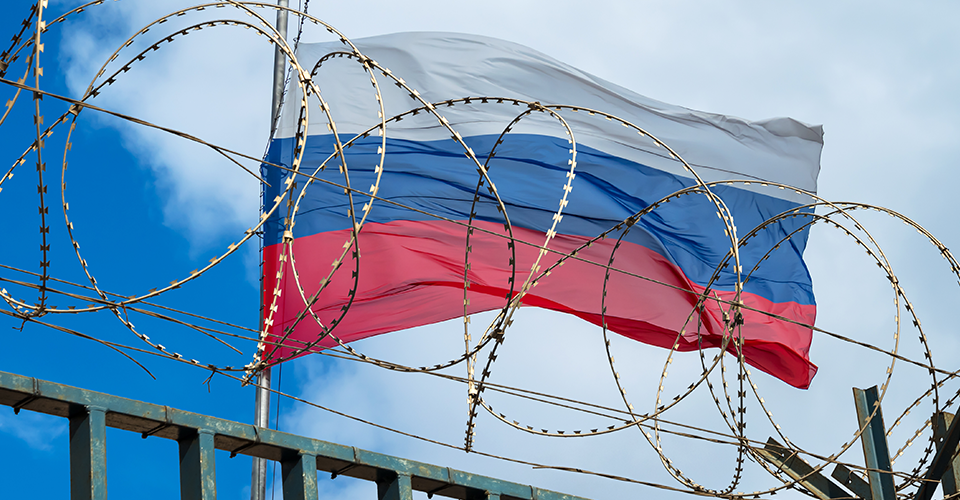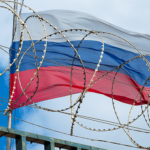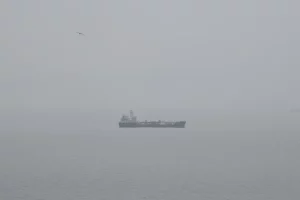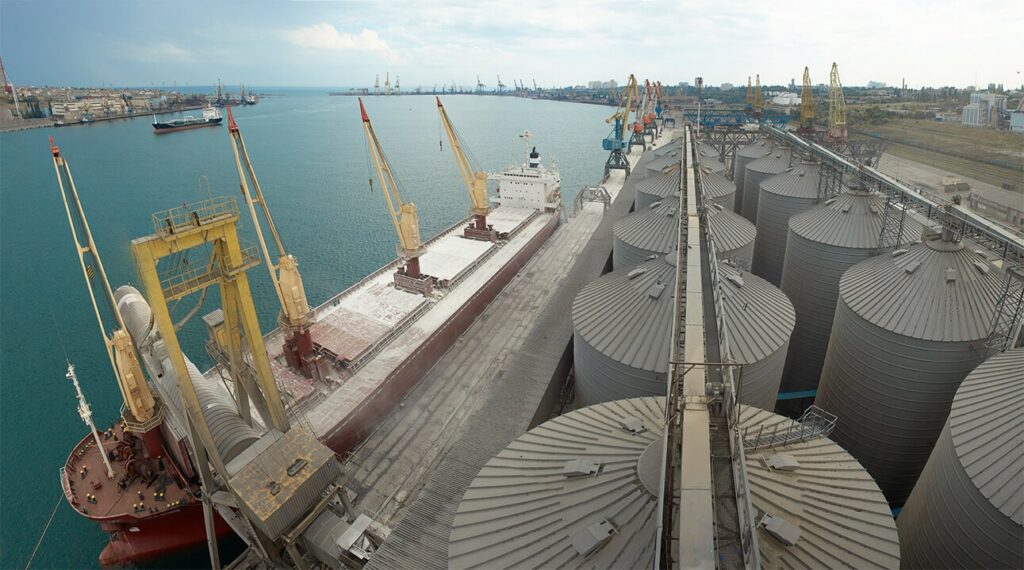EU countries call for tougher sanctions against Russian metal exports

EU countries want to tighten sanctions on metal exports from Russia. This would help reduce the income that the Kremlin uses to finance the war in Ukraine.
Ten European Union countries have come forward with an initiative to tighten sanctions against Russia, in particular, to introduce restrictions on trade in metals such as aluminum. This is reported by Reuters.
Today, the EU sanctions list covers more than 2 thousand individuals and legal entities, but does not include Russian metallurgical companies, in particular producers such as Rusal.
In a letter sent to the EU leadership two weeks ago, the initiators, including Poland, Denmark, the Czech Republic, Ireland, Estonia, Latvia, Lithuania, Sweden, Finland and Romania, emphasize the need to ban metals of Russian origin.
Poland, which will hold the EU presidency in January, is actively promoting this issue, although Hungary is against it. Representatives of France, which previously opposed sanctions, are now ready to consider this issue.
“Metals are Russia’s second most important source of income after fossil fuels. We must impose further restrictions on metal imports,” the document says.
The European Commission is expected to present a new sanctions package in the second half of January, and its approval could take place in February, by the third anniversary of Russia’s invasion of Ukraine.
Unlike the US and UK, which have already imposed a ban on Russian metal imports, the EU has so far limited itself to a ban on aluminium products such as wire, pipes and foil. This represents less than 15% of EU metal imports.
Most metal consumers in Europe have already found alternative suppliers, such as copper from Peru and Serbia. However, the EU still imports significant amounts of primary aluminium from Russia. According to Trade Data Monitor, EU imports of Russian aluminium amounted to 118,000 tonnes from January to September, or 6% of the total. This is significantly less than the 11% and 20% for the same periods in 2022 and 2021.
One of the alternatives to sanctions being considered by the EU is the introduction of punitive duties on Russian metal. This approach does not require unanimity among the members of the EU Council and could be a compromise.
The day before, USM wrote that 12 Nordic countries will strengthen control over the Russian “shadow fleet”.





